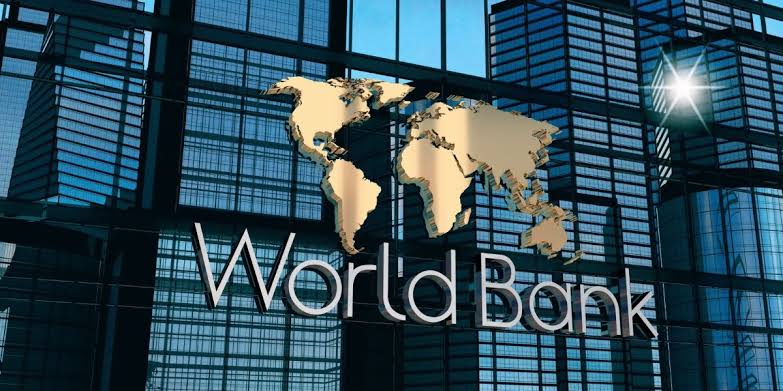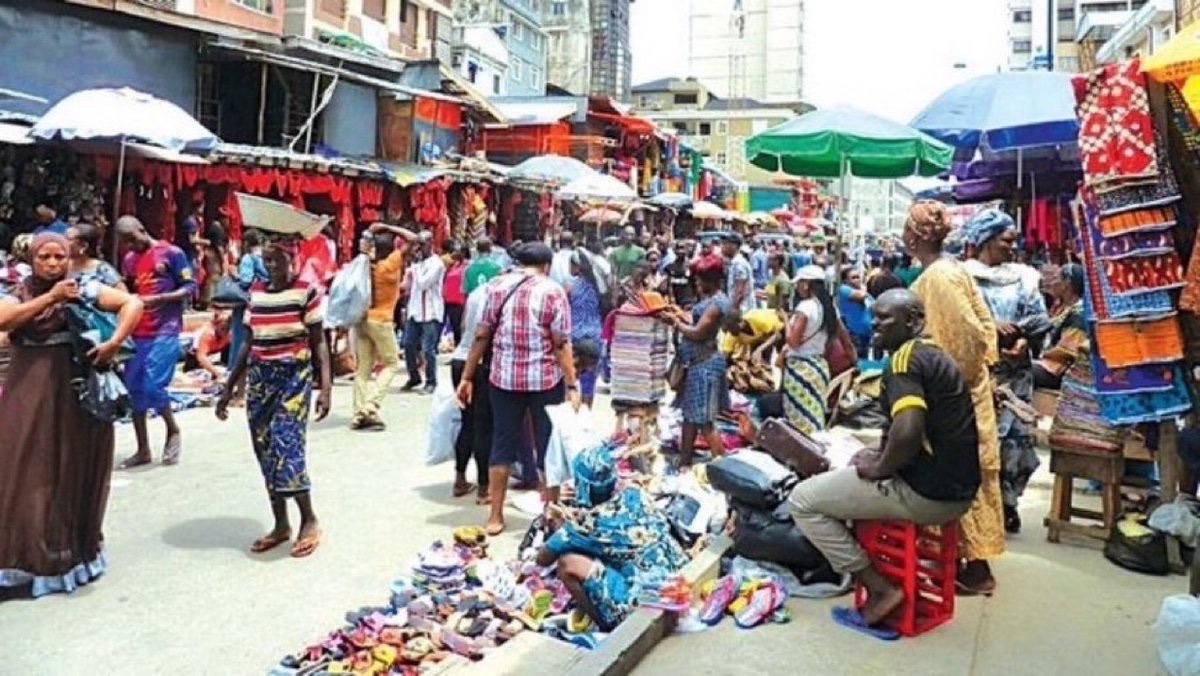The World Bank has forecasted a positive economic trajectory for Nigeria, projecting uninterrupted GDP growth of 3.6% in 2025, 3.7% in 2026, and 3.8% in 2027. This outlook reflects cautious optimism about Nigeria’s ability to sustain economic momentum amid ongoing reforms and stabilizing macroeconomic policies. The projections hinge on improved oil production, enhanced policy implementation, and resilience in non-oil sectors, though challenges like inflation and infrastructure deficits remain.
Nigeria’s economic growth is expected to be bolstered by reforms initiated under the current administration, including efforts to unify the exchange rate and remove fuel subsidies. These measures, while causing short-term inflationary pressures, are designed to create a more market-driven economy, attracting foreign investment and improving fiscal stability. The World Bank notes that increased oil output, projected to rise due to enhanced security in the Niger Delta and investments in oil infrastructure, will significantly contribute to this growth.
The non-oil sector, particularly agriculture and services, is anticipated to play a critical role in sustaining Nigeria’s economic expansion. Agricultural output is expected to benefit from government initiatives aimed at improving access to fertilizers and modern farming techniques, though challenges like climate variability and land tenure issues persist. The services sector, driven by telecommunications and financial services, continues to show resilience, supported by growing digital adoption and fintech innovations.
Inflation, which has been a persistent challenge, is projected to moderate gradually over the forecast period, supported by tighter monetary policies and improved supply chains. The Central Bank of Nigeria’s efforts to stabilize the naira and control liquidity are expected to ease price pressures, though high food and energy costs could pose risks. The World Bank emphasizes that sustained policy discipline will be essential to achieving these projections.
Infrastructure deficits remain a significant hurdle to Nigeria’s growth ambitions. Inadequate power supply, poor road networks, and port inefficiencies continue to raise business costs and hamper competitiveness. The government’s infrastructure investment plans, including public-private partnerships, are critical to addressing these gaps and unlocking the full potential of the projected growth.
External factors, such as global commodity prices and geopolitical dynamics, will also influence Nigeria’s economic performance. As a major oil exporter, Nigeria remains vulnerable to fluctuations in global oil prices, though diversification efforts are gradually reducing this dependency. The World Bank highlights the importance of deepening trade ties and leveraging regional agreements like the African Continental Free Trade Area to boost exports.
Social and political stability will be crucial to sustaining investor confidence and ensuring the success of economic reforms. The World Bank notes that addressing youth unemployment and regional inequalities could mitigate risks of social unrest, which have historically disrupted economic progress. Investments in education and skills development are seen as vital to harnessing Nigeria’s demographic dividend.
While the growth projections are promising, they are not without risks. Structural challenges, including corruption, bureaucratic inefficiencies, and security concerns in certain regions, could undermine the forecasted gains. The World Bank underscores the need for consistent policy implementation and governance reforms to maintain the positive outlook through 2027.
The projected growth rates position Nigeria as one of Africa’s key growth engines, though the pace remains modest compared to the country’s potential. Achieving higher growth will require accelerating reforms, improving the business environment, and addressing longstanding structural bottlenecks. The World Bank’s projections provide a roadmap for policymakers to build on recent gains while navigating complex domestic and global challenges.




